 Richard Abbott’s Half Sick of Shadows: I love it and look forward to revisiting it often. It’s unique. It’s timeless and beautiful. It’s a historian’s romantic poem of the ages. It’s a classic. I’m immensely proud to introduce one of my favorite authors to my readers. Dr. Richard Abbott’s books range from historical fiction to fantasy to science fiction, and that’s when he’s not working on computer applications or walking the moors in England’s historic Lake District. Welcome, Richard. Before anything else, I’d like to congratulate you on your move from London to Grasmere. You are now living in Classic Writer Land! While of course I enjoy William Wordsworth’s poetry, I’m a lifelong fan of Beatrix Potter and have read so much about the beauty of the area. I’ve also enjoyed the photos from your travels that you’ve shared online over the years. Still, it has to be a major change from London. Has the transition been tough? What made you decide to make the move? Do you feel even more inspired to write? Anastasia! It's a real pleasure to be chatting today, all the way from this side of the Atlantic. Thanks for welcoming me to your blog, London to Grasmere - it's quite a change! In fact, there were also other transitions happening at the same time. As a place to live, there is no comparison between the two - even on a bad day, Grasmere is spectacularly more beautiful than north London. I do miss the accessibility of museums and such like in London, though of course with everything that's happened since March 2020 they would have been often out of reach, even though geographically close. But there were changes as well in my working life. I used to work as a software developer and tester as part of a team at various large firms: now I am one member of a very small family business (we run a guest house, pub, and micro-brewery). I still write software, but now I get to see the impact of it straight away, and it's great to be applying these skills at such a small level. The programs I write have so many more obvious benefits to us and our staff. But as perhaps some people reading this will know, there's always something else to do in a family business, and you have to be quite disciplined about time, just in order to do regular things like get out walking on the fells. So yes, some bits have indeed been tough... but worth it. As to what made me decide to make the change - well, there were a number of factors, some of which might well appear in disguised form in a future science fiction novel! But they are probably not suitable for today. Do I feel inspired to write while living here? Well, yes, definitely, especially with a project I have had in mind for a while which I'll talk about in a while. There is so much history here, right outside the doorstep - for example, Cumbria has more surviving stone circles and other ancient monuments than any other English county. Every time I get out to walk one of the nearby ridges I start thinking about how the surroundings - both natural and of human origin - might be incorporated into the plot. The problem is making enough time to write in the midst of everything else. You'd have thought that this year, with so much of it closed as a business due to our three national lockdowns (mid March - early July, most of November, and late December to now), would have been an ideal time. Since March, we've been closed more than open. But in fact those months have been hugely busy for all of us, with all kinds of decorating, preparation work, and in my case programming tasks which you simply can't do when you're open. This year has to have been the hardest any of us have ever worked on the business, and writing is one of the things which has had to take a back seat for a while. Hopefully, as things get back to whatever new normal we find ourselves in, that will change again. I certainly have no shortage of subjects to write about! But right now, there's a difficult tension between the desire to write, plus the inspiration provided by the surroundings, and the available opportunities. That is certainly understandable. I do hope that 2021 will be a good year for you and yours. As you know, I tied myself in knots over this interview. I had so many questions I wanted to ask that it was hard to pick and choose. You write computer code, but you also have a PhD, hence the jaw-dropping Triumphal Accounts in Hebrew and Egyptian. Why don’t we begin with you telling us a little bit about yourself before we get to your fascinating body of work? The PhD was studying poetry in the ancient world, and in particular how ancient Egyptian poetry might have influenced that of ancient Israel, back around about 1200BC. It sounds a bit rarefied, but it was a whole lot of fun. I originally thought I was going to work on something about the chronology of the ancient world, but once I began, I realised that poetry, and its potential cross-cultural influences, was a whole lot more exciting than the regnal dates of rulers. So I studied a lot of Biblical poetry, focusing mainly on the earliest pieces, and - to cut a long story short - concluded that those early pieces of writing were influenced by Egyptian writers and Egyptian conventions. Some of the ideas turn up in my historical fiction series, starting with In a Milk and Honeyed Land. Poetry and song are at the heart of those books. And in fact, music of one kind or another features pretty strongly in all my writing, so the experience obviously rubbed off., But not just music - in the historical books I tried to combine that with cross-cultural influences between the various people of the age. I think that interest which we share in what happens when different cultures intersect one another is what first brought us together as friends, Anastasia - it's a theme I have always enjoyed and appreciated in your own writing. What else? I have moved around a lot within England over the years, starting in childhood in the south, then moving into East Anglia when I went off to university, then into county Durham in the north-east after that. Somewhere along the way I spent a year in Seatlle, USA. And now here I am in the north-west, in a part of the country that over the centuries has forged close links with both England and lowland Scotland! Indeed, it was the last British kingdom to resist the Saxon invasion back in the days after the Romans left and before the Normans arrived. Dunmail, or more properly Duwnwahl, died in 975 in his last unsuccessful attempt to stem the tide, and can reasonably be called the last authentically British king. There's a ridge just up the road from here which is named after him, and a huge cairn of stones which, according to some stories, was first raised by his soldiers before that fateful battle. Back at university I studied math, and really enjoyed it - long ago I used to be a bit embarrassed to admit to that, but I've got more confident about it over the years. My working life as a computer programmer was heavily involved with AI in one form or another. One of my favourite projects from that time of life was working with the UK airports authority and Met Office on an AI program to estimate cloud and weather conditions at airports based on regular and infra-red pictures. Eventually I moved into writing programs for Amazon Alexa (called "skills" in their parlance), and I still try to find time for that every now and again. Some of these experiences have been recycled into parts of the background for my science fiction books - a major theme in the plot is how humans and AI individuals which I call personas form working partnerships and relationships. Right now in the real world we are not at the point where an AI could be a meaningful work partner to a person, though of course some people seem to treat their mobile phones as frustratingly sentient. But I reckon that within the next fifty to one hundred years we could be at that stage of development. Sea of Galilee Your first published book, In a Milk and Honeyed Land, remains one of my favorite pieces of historical fiction. Your subsequent works, Scenes from a Life, The Flame Before Us, Man in the Cistern, and The Lady of the Lions are all set in the same area but not necessarily during the same time. Despite the truly ancient setting, you’ve brought the characters to life in ways that make it easy for us to relate to them. Your writing conveys a timelessness that I especially appreciate, as well as a strong, cross-cultural emphasis. What inspired you to write fiction set in such long-ago times? Please tell us about the books and your process – both research and writing. Well, I've talked a bit about the research process from a poetry and history point of view, but there was a lot of other stuff of an everyday nature. What kind of houses did people live in? What was their social and family structure like? And so on. The book is set in the period when, according to the Hebrew Bible, the Israelites arrived into Canaan from Egypt. But I wanted to write the story not from the viewpoint which the Bible presents. but rather from the perspective of those who lived in that land - those who chose to associate themselves with these newcomers. But we know very little about how these people actually lived, outside of some rather ambiguous archaeological records. So I felt free to borrow something from other ancient world societies in order to put flesh on the bones, and chose to make that society a matrilineal one rather than patriarchal. So households belong to, and are maintained by, the women in a family and not the men. A man marries into a woman's family, rather than the woman leaving her household and going to the man. The woman of the house has the power to invite people in or shut them out. A number of cultures in the ancient world worked like this, but over the years, this pattern of society vanished. So as well as imagining what such a society might be like, those stories also explore how old values and habits of life are eroded, as newcomers and new ideas arrive and become dominant. 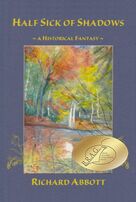 Any fiction gives us the opportunity to speculate on the might-have-beens, and to focus on people or places which were of no consequence to whoever was making and maybe writing history at the time. Now, some historical authors like to position their writing in places and times where we already know a great deal about what happened, or about people who were famous in their time - the powerful families of Tudor England, for example, or the infighting in the days of the Roman Empire. My preference is to pick times and places where we quickly run up against the boundaries of what we know, and therefore we have to set out into the unknown. I pick people to write about who were unremembered by the leaders and generals of their day. Damariel, the central character of those three books, is a village priest and scribe, and his concerns are for his family, his people, and those he loves. History won't ever remember Damariel or those like him, but we can enter his world through fiction. It makes it more like ordinary life, and, I think, helps to get more directly into the things which are timeless about human nature and relationships. Half Sick of Shadows – it has replaced In a Milk and Honeyed Land as my favorite of your works. It’s fun and profound all at once, not to mention hauntingly beautiful. It might be based on the classic poem The Lady of Shalott by Alfred, Lord Tennyson, but you’ve added a very different twist. You describe the novella as historical fantasy and so it is. But it’s still more. Would you call this twist New Age? Science Fiction? Religious? All three? Please share your feelings about this masterful work. I like Tennyson, and have used or alluded to his poetry in various books, though not usually so overtly as here! But of course the tale of Elaine of Shalott (or Astolat), goes back long before the Victorian fascination with it, at least to 13th century Italy and probably much earlier. It is part of the body of material about Arthur and his retinue, which though often inconsistent and difficult to place, nevertheless gives us a rich tapestry of lore which hovers somewhere between mythology and history. There's even a local connection to my new home here - one school of thought places Arthur's court up in the north of England. If correct, his men were doing vigil in the wild lands where Hadrian's Wall stretches between Cumbria and the North Sea, still marking out the furthest extent north of the Roman Empire. In this version of the tale, the Lady of the Lake, and Arthur's sword, came from Ullswater, a long lake a few hours walk north-west of Grasmere. When you see the morning mist hovering low over the water of the lakes up here, it is easy to believe that's where it came from, and to imagine a sword-brandishing arm emerging from below the surface. But Half Sick of Shadows is deliberately vague about geography, and readers are free to locate the events in north or south, just as they please. But you're right, Anastasia, I wanted to do more than just write a kind of medieval tragedy, and this brings us to the elements that are more like fantasy. And yes, I think there are New Age elements in there, with a deep love of the natural world which eventually leads to a kind of transcendence. I hope there is a religious dimension, though one which is expressed in different ways by various characters. For the Lady, it is a kind of personal quest for meaning and connection. For some of those around her, it is enacted in ritual and ceremony. But what all of those individuals want is relationship, of a deep and authentic quality. For most of the book, this relationship is thwarted and frustrated. So as well as the things you have mentioned, it is also a love story, of a kind. I think that it's my favourite of my own books as well. I loved exploring, however briefly, all those different periods of English life, in the ages before there was anything at all by way of written history. And inevitably it has made me wonder about the people in the book. especially the Lady - what have they been getting up to outside of the snippets of their lives I write about in Half Sick of Shadows? It's all too tempting to pick up their storylines in other books! I'm sure that your readers would enjoy learning more about the characters' lives! Moving on to science fiction! You’ve published Far from the Spaceports, Timing, and The Liminal Zone. I haven’t gotten to the series yet. Seriously, you make my head spin! But it’s not entirely surprising, considering your technical background. What made you decide to leap from the ancient, distant past into the future? Please tell us about the series. Hmmm, good question. I very much enjoy reading science fiction and that led naturally to writing it as well. But - just as with my historical fiction - I wanted to write about ordinary people, not space battles or galactic empires. So the first two books (Far from the Spaceports and Timing) borrowed heavily from some of my software work experience. The main character, Mitnash, is a kind of technical detective - he solves financial crimes using his skills, and works in close partnership with an artificial intelligence called Slate. Slate is not an android or robot - she's a persona, and is more like a very-much-advanced version of today's digital assistants such as Alexa, Siri, or Cortana. Slate very much has her own agenda, and sometimes disagrees about the best way to proceed, so Mitnash has to deal with her ideas and plans alongside his own... just like any pair of human coworkers. Most of the time they get on with the job in hand using their own resources, but they also have to decide who can be trusted among the scattered habitats across the solar system, and in particular near their home base in the asteroid belt. These books are set something like a hundred years in the future, by which time I suspect we will have little colonies on the more favourable (or profitable) planets and moons, but won't have any kind of travel between the stars, I hugely enjoyed writing about this imaginary future world, and hope to return to it again before long. The Liminal Zone is a little bit different - it's set a few years later in time, for one thing, and it's more of a first-contact book than it is about fraud in space. It's still the same world in the sense of people and AI assistants, but with a new set of characters to get to know. It's also, in some ways, a kind of follow-on to Half Sick of Shadows. I don't think I'll write another book specifically as a sequel to that, but I definitely want to do more exploration of that future setting. Through all of your different works, is there an underlying theme or concern? I thought a lot about this, and decided that there are a few themes that I keep returning to. One is the one that I have already mentioned - I like to look at the lives of ordinary skilled individuals, not "important people". Whether looking at the past or the future, I feel that human society and human relationships has lots of things in common. The surroundings may change, from Bronze Age villages to habitat domes on inhospitable planets or in the vacuum of space. Or the nature of surrounding cultures may change, from lands across the sea who speak different languages, to machine intelligence and the prospect of visitors from other star systems. But human nature is, I believe, a common factor, and in every age we have to decide how we respond to others, whether they have travelled from over the mountains or through space. Secondly, I love to include music! It is, I think, another common factor through the ages. So music, celebration, or dance appears in one form or another in all my books. Finally, I like to write so that readers get a sense of what it might be like to live at another place or time. That's fairly normal for historical writers, I think - we all want readers to be able to put themselves into the story, even if at the start of the book we don't know much about the place and time. But it applies to my science-fiction writing as well. Parts of Timing are set on a moon which is very fragile - the ground under the residents' feet is, quite literally, at risk of breaking up. How would that affect your everyday life, if all the time you knew you couldn't really trust the surface you walk on? The Liminal Zone is set out on the moon of Pluto, hugely distant from the comfortable warmth of Earth. A planetary year out there is about 250 years long - things move very slowly, out in the darkness there. How would it affect people's conscious and unconscious lives to be constantly aware that they are right on the edge of what is known? I love that sort of question. Considering our uncertain times, it seems a very relevant question to explore. Before we go -- dare I ask – what are you working on now and what is on the horizon? Well, up until about three months ago I was sure that I was going to write a follow-on to Timing, which would close off the original science-fiction trilogy. I still have the first few sections of that off to one side, waiting in the wings. But in fact another project has pushed its way to the surface - a return to much older history than before, and with a local twist. Just over three miles as the raven flies from where I am sitting, or maybe six if you walked the footpaths across the open fells, are the Langdale Pikes. These are the very dramatic remains of an ancient volcano, long since worn down into steep crests around the rim of a central hollow. And amongst those Pikes a vein of very unusual rock comes to the surface here and there. Back in the Neolithic Age, that rock was prized for the manufacture of stone axes - axes from Langdale have been found all over the British Isles, hundreds of miles and many weeks of travel from here. Many were obviously treated as precious objects, maybe sacred ones, and were never actually used to cut anything down. So my current writing project - tentatively called Quarry - is a story about those peaks, the men who found simple rocks and transformed them into highly polished luxury items, and the nearby communities who benefited from their skill and wealth. There's not very much of Quarry written as yet, though the overall shape of the book is becoming clear in my mind. If all goes well, and if not too many other things intrude, I am hoping to finish it this year. We shall see! Quarry sounds amazing! In the meantime, it’s comforting to know that your books are available on many platforms. The links follow, as well as an excerpt from Quarry. Booklinks -- Most are on SALE this week,March 29 through April 5, at Amazon and AmazonUK! Website Blog Goodreads Richard also shares extracts and downloads on his website: Extracts from historical fiction Extracts from fantasy/science fiction General download page Excerpt from Quarry by Richard Abbott There was noise in the heart of Ty Caroc, the open place at the centre towards which all the little huts faced. Bran was working at the first rough polish on one of yesterday’s finds: it was coming along, but even this initial buff would take half the morning. He laid the stone down. It would not be hurried, and he was both bored and curious, lured out by the early summer day. Through the open door he could see that the men were gathering, clustering around some focus that he could not quite make out. He got up, went across to join them. At the hollow centre of the group was Gavur mab-Ymelud, the trader, beside the little handcart he brought just after each full moon. He was watching the stoneworkers pull at this and that, arguing, speculating, negotiating. But Bran’s eye was caught not by the familiar, but the strange. A woman was behind the cart, tied to it with a length of rope around one wrist. She carried herself as though the tether meant nothing, and she remained silent, aloof. The men were carefully, studiously ignoring her, apart from quick glances when they thought the others would not notice. He looked more carefully at her. She was tall, dark-haired, dark-eyed, and reminded him of the women of his own island. And in the skin up the length of her arms, in little pinpricks and ink all the way from wrist to shoulder, were signs and symbols that he recognised. She had been taught herbs and plants, songs and spells, healing and story-telling, and she had been taught by somebody who signalled the training with the same marks that he knew from Inis Mon. Possibilities circled around him. “Bran! Join us, my friend. See what I have for you today.” Gavur was affable, confident. Bran glanced in the cart but saw nothing that he needed. “No rope?” “Not this time. Next, perhaps. How much were you looking for?” He gestured with his hands, then pointed to the woman. “About twice the length as you have used to keep her with you.” Prental, on the other side of the cart, straightened and laughed. “Don’t take your chances there, Bran. Stick with the women at Dolgolvan. Even that Melen who you favour, though I can never think why. This one here sounds too much like hard work. Not worth it.” Gavur shook his head. “She could be a nugget of gold in a mountain of scree for one of you. Lindirgel is what she calls herself, but, just as true as I’m standing in front of you, my honest belief from my journey here alongside her is that she should be named Bronwen. Who’s interested in her?” The woman looked scornfully around the little group. “Who’s interested in me? Don’t any of you think that I’m an easy take. The man who lays his finger on me unasked will regret it ever after. I’ll so freeze the manhood within him that he’ll never lie with a woman again. His heart will fail at the sight of a breast, and his pride will go weak at the thought of a thigh. Whether by day or by night, whether in the hills or the valley, whether this year or the next, my curse will follow at his heels, and my words shall never be away from his side. And even my little sisters in Dolgolvan will mock him if ever he goes to them again.” They drew a little away from her. One or two turned their backs. Brogat shook his head. “She should be called Bron-suraf, not Bron-wen. I’ll have nothing to do with her. None of us should. You keep her, Gavur, and try your luck with her over at Lug Laesach. Anywhere away from here.” There was a murmur of agreement, a hardening of attitude. Bran walked across to her. Having not so long ago joined the men of Ty Caroc, his sense of community with them had never fully settled. The exchange had scattered it again. Moreover, he admired her solitary defiance, and the clear signs of wit and training that she showed. I’ll chance it. Some of the men murmured behind him, but he ignored that. She looked at him distantly. She was only very slightly shorter than him, and her bearing was proud. It would, he thought, be easy to feel dismissed by her. He nodded his head in greeting. “I am Bran of Inis Mon.” She looked sceptical, having listened to the way he used his words. At a guess, her home was close to the other island called Mon, the one almost joining the mainland. “Mon Allan, I mean, not Mon Mewn. Is Lindirgel your given name?” “Lindirgel mer-Crechidh. From the coastland beside Avon Ogwen, and the hill behind my village looks over at Mon Mewn.” He nodded. He had never heard of her river before, but he could imagine where it was. “I know where you mean.” He turned to Gavur. “Loosen her for me, if you will. I accept responsibility for her.” Gavur leaned on his cart and ran a hand through his hair. “If she’s what you’re looking for, then that’ good enough for me. But she’s trade goods, not a gift, my friend. We have yet to agree a fair exchange.” Fin, headman of Ty Caroc and one of the oldest men there, stepped forward, clearing his throat. “Bran, let’s you and I have a crack about this. Before anything’s done that’s not easily undone.” He took Bran’s arm and led him away from the group. Gavur watched them go, his eyes thoughtful, and then busied himself with items that the other men wanted from his cart. Bran let himself be taken behind the nearest hut, out of sight of the others. “You’re a good lad, Bran, and I’d not like to see you do something that would divide the men. I’ll not have them all set against one another because of some stranger coming in.” “That’s why you’re our headman, Fin. I’m content with that, and I’ll do nothing to upset it all.” Fin looked at him, steadily, for a long time without speaking. “Then why do this? You know that we don’t have women living out here with us. Dolgolvan’s for that.” “That’s not altogether true. Lewenidh lives with Avank. Cowann has Salis to help. Why should this be any different?” ^“To be sure. And Cornigil beds at Gwovan’s house. But those are not the same at all. Gwovan lost the use of a leg in that rockslide. Avank is easily old enough to be your father, and has earned respect and an easy life. And Cowann, though he’s a fine stoneworker, would mislay his own fingers if he didn’t have somebody alongside him. But you? You know it’s not the same. You owe nothing to this woman, and with Gavur you have no debt. Tell me why you do this.” Bran paused, marshalling his thoughts. “I think she has a talent I can use.” The older man shook his head, then leaned very close to Bran, his shrewd eyes bright in the afternoon sun. “It’s a talent for making division that she has, that’s what it’ll be. I don’t understand why you’re set on this. Let go of her again, and satisfy yourself at Dolgolvan.” “That’s not why I’m interested in her. I’ll still come along with you all at the quarter moon. So tell me straight: do you forbid it? If you do, I’ll maybe challenge your word.” Fin sighed. “No, lad. You’ve heard what I have to say about it. If you’re set on this, I’ll not forbid it. It is what it is.” “But you don’t like it?” “I can’t say that I do. And you’ve seen how the men look at her after that little speech of hers. What if they turn against you because of her? And listen now: if that happens, I’ll not hesitate to put you away from us. Outside Ty Caroc. Are you so sure now that it’s worth it?” He studied Bran again, then shook his head slowly and released him. They went back to the cart. Most of the other men had dispersed by now, and Fin followed them, striding away towards his own hut. Gavur beamed when he saw that Bran remained. He glanced this way and that, and seeing that nobody had stayed to dispute the matter, loosened the rope and handed the free end to him. “You’ll not regret this, not at all. Take your time, Bran, and we can settle the exchange next time I come by.” He turned and left with rather unseemly haste, pushing the cart away down the track that hugged the valley side. Bran looked at the woman, untied the rope from her own wrist and gestured towards his hut. She went ahead of him, ducking under the low door-lintel. She looked around the room, a quick, thorough glance which, he felt, absorbed all there was to know about his habit of living. Then she turned back and looked very directly at him. “If you’re thinking that what I said to the others applies any the less to you, you’re wrong. You with your honey words about knowing where my home is. Anybody might say that, and until I’m convinced you mean well, I’ll do the same to you. Don’t use me badly, if you have any care for your own future.” He shook his head. “You’ll get no demands from me.” “So why take me into your home?” He picked up the rock that he had begun to fashion earlier. It was the right size – nearly as long as his forearm, elbow to wrist – and not far from its final shape, but otherwise was scarcely begun. It still looked dull, rough, and betrayed all too clearly how recently it had been teased out from other rocks. “When I’m done with this it’ll be polished smooth, and have a rare shine on it. You’ll near enough see your face in it. But it takes longer than I’d like to prepare – much too long, in fact. That little princess there will take me the better part of a month, mixed in with other jobs. Just now it’s as unformed as a newly caught baby, hidden inside its mother while its true shape comes onto it.” He put the embryonic axe down again. “This’ns right at the start. I’ve done the prayers and the chants for taking her from the mountain, but I’ve not even decided on her name. Look now: you’ve got skill and you’ve had training: I’m thinking that you can help me find a quicker way to turn it out.” “So you want me to work for you on these bits of rock. Just to turn them into axes. Just to cut things down. And what’s wrong with the men all around you? Can they not already do this for you?” He grinned. “The men here? They’re good men, most of them, but they won’t change from the ways they were taught, the ways that have always been used. But I have a fancy that you and I could work together to change some of that. You with your talent and me with mine. You’ve learned things that maybe I can use. When once you’ve seen one of these little things truly finished, you’ll see why we do this. These axes are worth more than jewels, and they’ better than gold or silver. People up and down the land, people who live beside the other seas, east and south, they all want these. Not to cut down trees, and not to cut down their enemies. They want them because they are things of rare beauty. They join the sky and the earth, the earth and the underworld, and they take up the qualities of all of them. You’ll see. I’ll show you every step of what I do. We’ll start with the naming tomorrow. But, look now, it’s slow work. Help me do it faster, better, neater, and together we can get more of these bits of rock out to where they’re wanted.” She turned and looked at him curiously. “You sound quite eloquent about it all.” She paused, looked around the room again, assessing the full places and the empty, the tidy parts and the untidy. “Swear to me that I’ll not be harmed by you, and I’ll work on this with you. We’ll see where it goes. But our first job will be to change the way you organise your house.” He picked up one of his tools, nicked a finger with the sharp edge so that a drop of blood welled out onto the table. “I do so swear. And yes, change the house however you like. And after all you said today out there in front of everyone, I’ll ask you to share my house, and my table, and my tools, and my plans, and my food. But I’ll not ask you to share my bed, and I’ll come and go as I please without asking you first.” A shadow of a smile crossed her face. She took the tool from him, drew blood from her own finger, and let it drip onto the little puddle of his.” “Then let it be so.”
1 Comment
|
A Little of This, a Little of ThatKeep me away from the wisdom that does not cry, the philosophy that does not laugh, and the greatness which does not bow before children. – Gibran Khalil Gibran Archives
April 2024
Categories
All
NewsletterFrom me to you with a smile. Thank you!You have successfully joined our subscriber list. |
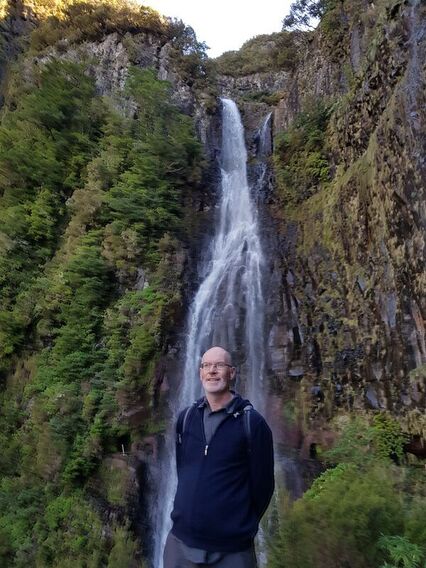

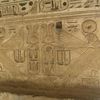
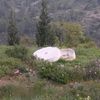
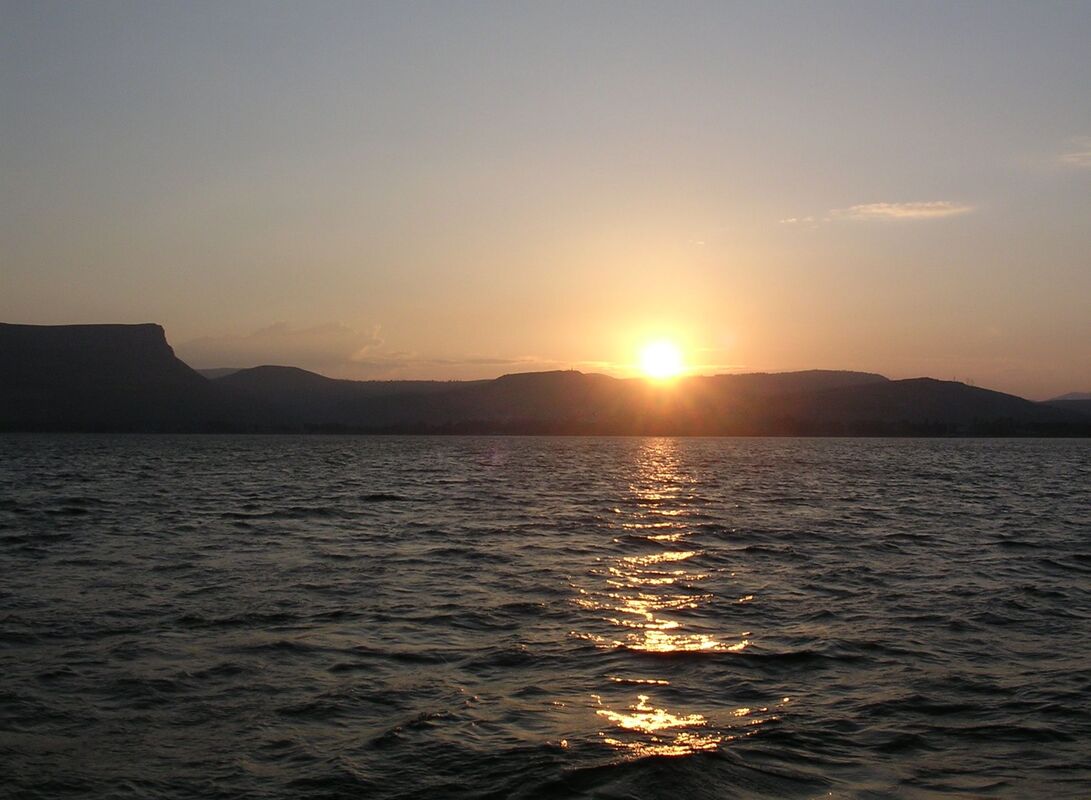
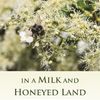
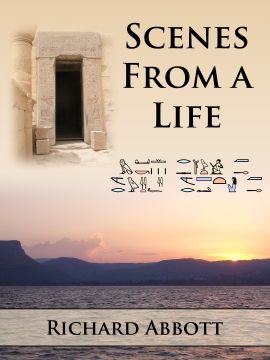
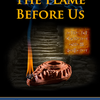
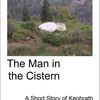
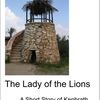
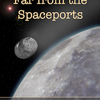
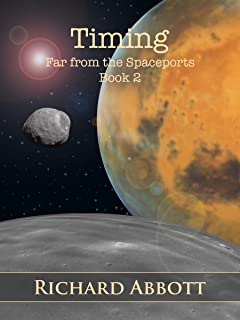

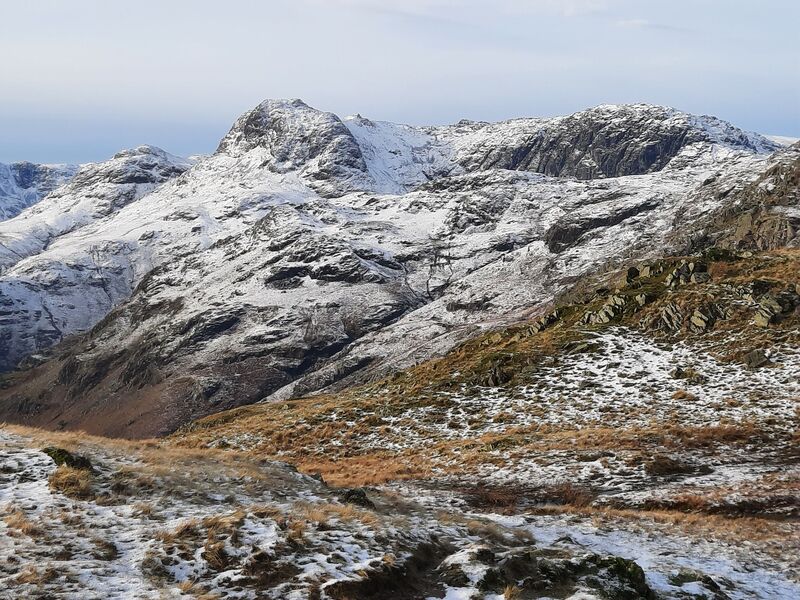
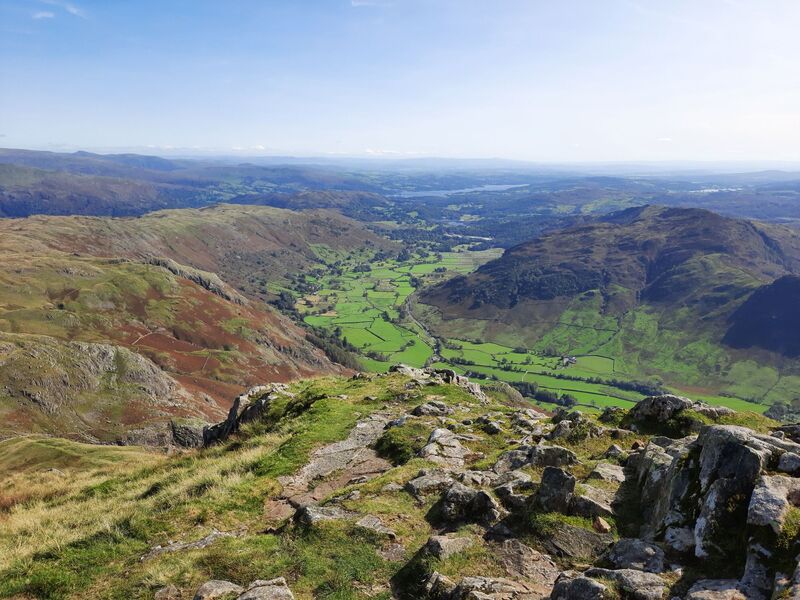

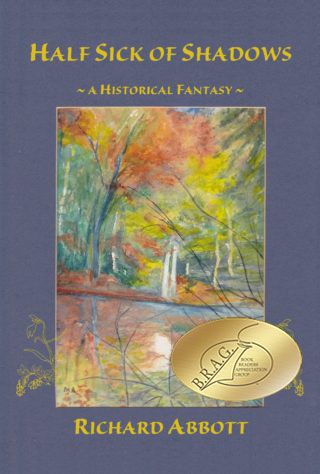

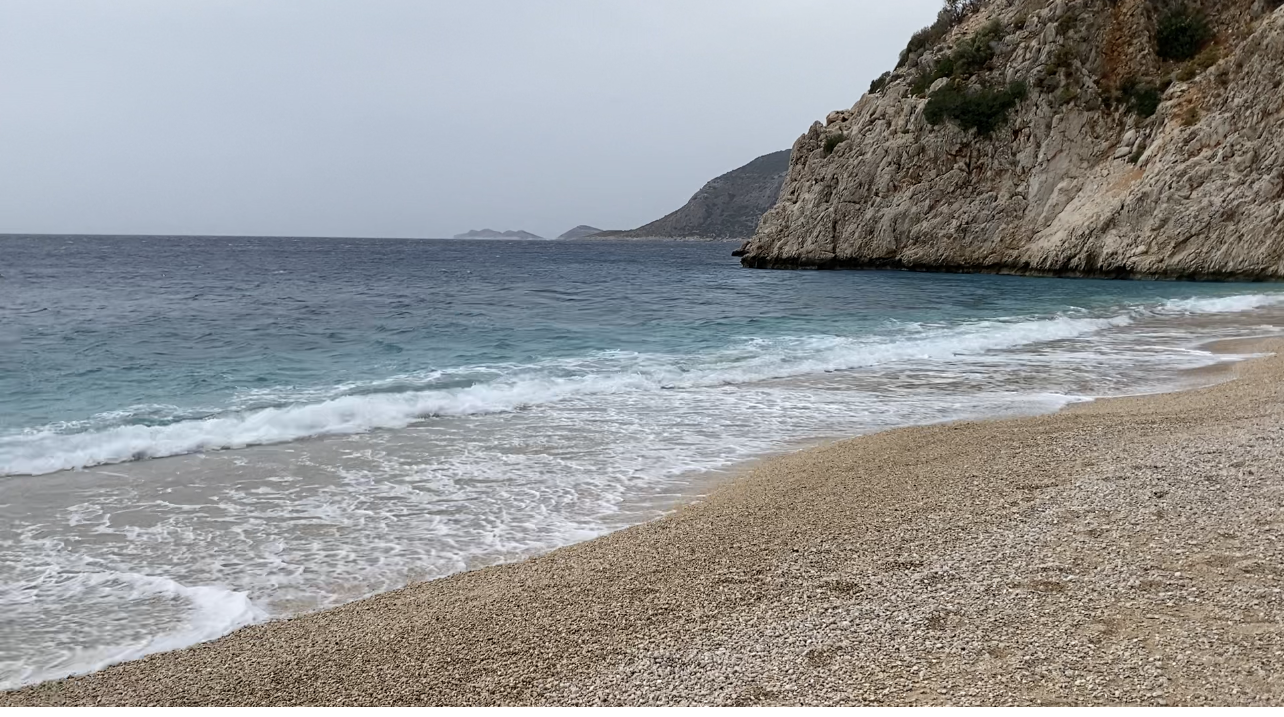
 RSS Feed
RSS Feed